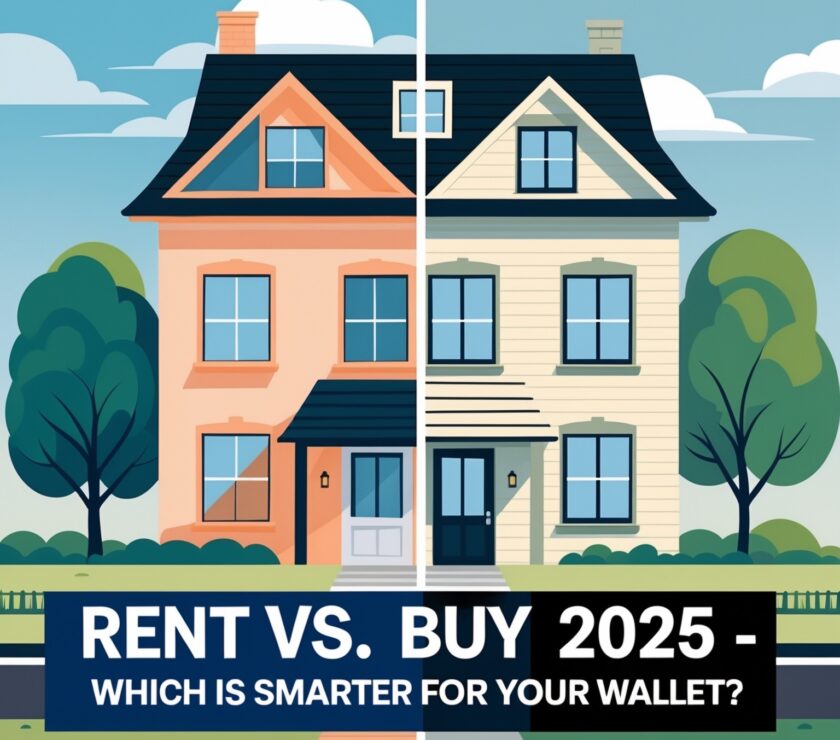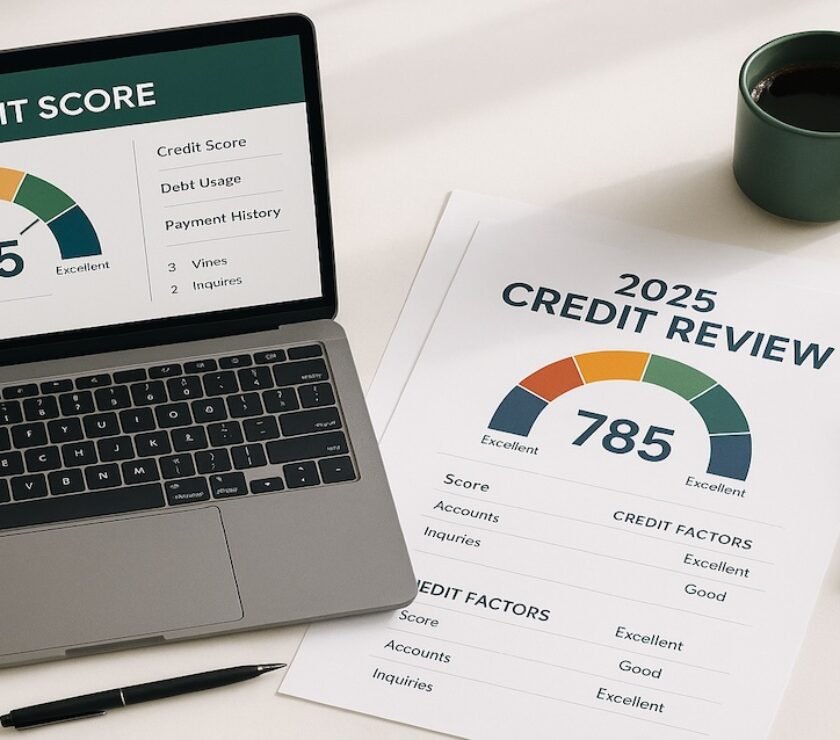The American economy has shown remarkable resilience in recent years, with strong job growth, rising wages, and low unemployment rates making headlines. Yet beneath these positive economic indicators lies a more complex reality: many women, particularly single mothers, are struggling more than ever to maintain financial stability. This disconnect between macro-economic success and individual financial hardship has become increasingly apparent, raising important questions about economic equity and the true meaning of economic recovery.
While financial experts tout the strength of the current economy, a growing number of women report living paycheck to paycheck, accumulating debt, and facing difficult choices between essential needs like healthcare, childcare, and housing. This paradox highlights the need to look beyond traditional economic metrics and examine the specific challenges that continue to affect women’s financial well-being in today’s economy.
The Rising Tide of Single Motherhood
Single motherhood rates have reached historic highs, with approximately 80% of single-parent households headed by women. These families face unique challenges:
- Higher household expenses with single income
- Limited access to affordable childcare
- Increased responsibility for both caregiving and breadwinning
- Greater vulnerability to economic shocks
- Less ability to build savings or emergency funds
The Missing Workers: Women’s Labor Force Participation
Despite economic recovery in many sectors, women’s workforce participation hasn’t fully rebounded to pre-pandemic levels. Several factors contribute to this ongoing challenge:
- Childcare costs outpacing wage growth
- Lack of flexible work arrangements
- Career interruptions during COVID-19
- Limited paid family leave options
- Gender wage gap persistence
The Gender Poverty Gap
Understanding the Statistics
Families headed by women continue to experience higher poverty rates than two-parent households or male-headed households. Current data shows:
- 25% of households headed by single mothers live below the poverty line
- Women are 35% more likely to live in poverty during retirement
- The wage gap compounds over time, affecting long-term financial security
- Women of color face even greater economic disparities
Why Should You Care?
The economic challenges facing women affect everyone:
- Children growing up in poverty face reduced opportunities
- Economic instability impacts community health
- Reduced consumer spending affects local businesses
- Future workforce development is compromised
- Social safety net systems face increased pressure
Strategies for Change
Individual Level
- Build emergency savings when possible
- Seek financial education and resources
- Connect with support networks
- Explore flexible work arrangements
- Advocate for workplace policies
Community Level
- Support local childcare initiatives
- Create mentorship programs
- Develop skill-building workshops
- Establish community support networks
- Promote women-owned businesses
Policy Level
- Push for affordable childcare
- Advocate for paid family leave
- Support equal pay legislation
- Expand access to healthcare
- Invest in job training programs
Call to Action
Take these steps to make a difference:
- Contact your representatives about family-friendly policies
- Support organizations helping women in economic distress
- Share resources with women in your community
- Advocate for workplace changes
- Mentor other women in your field
FAQ
Q: Isn’t the strong economy helping everyone? A: Economic growth affects different groups differently, and many women face unique challenges that general economic indicators don’t capture.
Q: What’s the biggest obstacle for single mothers? A: Affordable childcare consistently ranks as one of the most significant barriers to financial stability.
Q: How can communities help? A: Communities can create support networks, provide resources, and advocate for policy changes that support women’s economic security.
Resources
Financial Assistance
- Women’s Economic Ventures
- National Women’s Law Center
- Local United Way chapters
- YWCA Economic Empowerment Programs
Career Development
- Women’s Business Centers
- Local workforce development programs
- Professional women’s networks
- Online skill-building platforms
Support Services
- Childcare Resource and Referral Agencies – NY
- Single Mother Assistance Networks
- Financial counseling services
- Legal aid organizations




